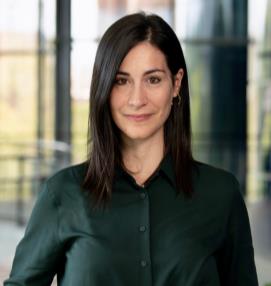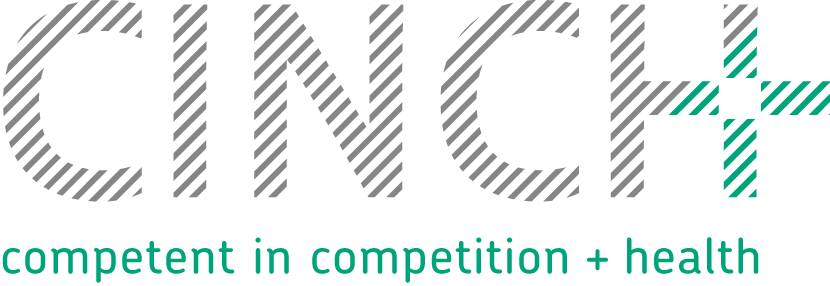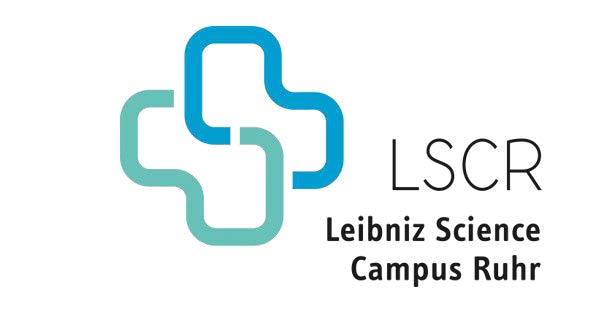This workshop aims to gather (junior) researchers with an interest in applying the tools of economics to problems surrounding mental health.
Worldwide around one in five adults have a diagnosable mental illness. Mental illness is extremely costly to society, but mental illness is not only special because it is costly and widespread. Beyond issues around stigmatisation, under the provision of cost-effective treatments, mental health problems also have a distinctive age profile.
Half of those with a lifetime mental health problem first experience symptoms by the age of 14, and 75% before they reach their mid-twenties. This implies that by their mid-twenties nearly one in five individuals has experienced the onset of a mental health problem. The conditions are often persistent and recurrent meaning they affect the entire work-life of the affected individuals.
Call for Papers
This workshop aims to gather (junior) researchers with an interest in applying the tools of economics to problems surrounding mental health. Empirical analyses in this field are especially encouraged for submission, but theoretical work is also welcome. The primary selection criteria are academic quality. In contrast to other events, discussants and not authors will present their work to stimulate discussion.
If you have any questions, please do not hesitate to contact Ms. Jäschke at events@cinch.uni-due.de
Keynote Speakers
 Barbara Biasi is a labour economist working on education, innovation, and gender and an Assistant Professor of Economics at the Yale School of Management and a Visiting Assistant Professor at the Einaudi Institute for Economics and Finance.
Barbara Biasi is a labour economist working on education, innovation, and gender and an Assistant Professor of Economics at the Yale School of Management and a Visiting Assistant Professor at the Einaudi Institute for Economics and Finance.
She is also a faculty research Fellow at NBER and a research affiliate at CEPR and IZA.
 Pietro Biroli is an assistant professor of economics at the University of Bologna and a research affiliate at the Jacobs Centre for Productive Youth Development at UZH, IZA, fRDB, HCEO, CHILD, CAGE, CEPR, and CESifo. His research focuses on the early life cycle evolution of health and human capital. With his work, he aims to understand the mechanisms through which effective policy interventions and optimal choices of investment can help mitigate innate inequalities and promote health and human capital development.
Pietro Biroli is an assistant professor of economics at the University of Bologna and a research affiliate at the Jacobs Centre for Productive Youth Development at UZH, IZA, fRDB, HCEO, CHILD, CAGE, CEPR, and CESifo. His research focuses on the early life cycle evolution of health and human capital. With his work, he aims to understand the mechanisms through which effective policy interventions and optimal choices of investment can help mitigate innate inequalities and promote health and human capital development.
Host Institutions
Queen Mary University

Queen Mary University is one of the UK's leading research-focused higher education institutions and one of 24 leading UK universities represented by the Russell Group.



